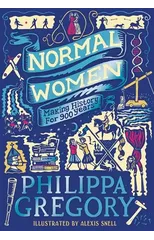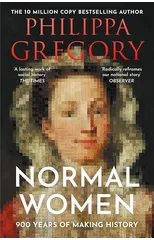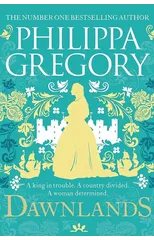A story rich in passion and legend, The Lady of the Rivers is the story of Jacquetta, Duchess of Bedford, a woman who navigated a treacherous path through the battle lines in the Wars of the Roses. When Jacquetta is married to the Duke of Bedford, English regent of France, he introduces her to a mysterious world of learning and alchemy. Her only friend in the great household is the duke’s squire Richard Woodville, who is at her side when the duke’s death leaves her a wealthy young widow. The two become lovers and marry in secret, returning to England to serve at the court of the young King Henry VI, where Jacquetta becomes a close and loyal friend to his new queen. The Woodvilles soon achieve a place at the very heart of the Lancaster court, though Jacquetta can sense the growing threat from the people of England and the danger of their royal York rivals. As Jacquetta fights for her king and her queen, she can see an extraordinary and unexpected future for her daughter Elizabeth: a change of fortune, the throne of England, and the white rose of York. . . .
Philippa Gregory
Philippa Gregory is a British historical novelist known for her meticulously researched and vividly imagined portrayals of English history. She is best known for her acclaimed series "The Plantagenet and Tudor Novels," which includes titles such as "The Other Boleyn Girl" and "The White Queen." Gregory's writing style is characterized by richly detailed settings, complex characters, and gripping plotlines that bring history to life for readers. Her contributions to literature include shedding light on lesser-known historical figures and events, while also reimagining well-known stories in a fresh and engaging way. Gregory's work has had a significant impact on the historical fiction genre, inspiring a new generation of readers and writers to explore the past through the lens of fiction.




